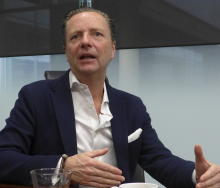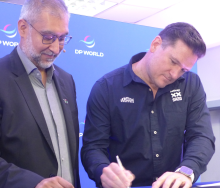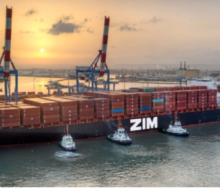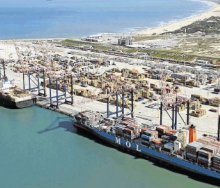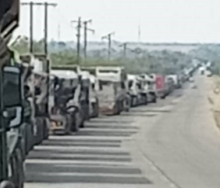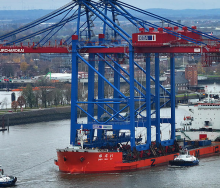South Africa's automotive industry has indicated its commitment to building skills and expertise in electric vehicles (EV), a move that could lead to decarbonisation in the transportation industry and enable local manufacturing opportunities.
This global change in the mobility sector gives South Africa an opportunity to reposition its automotive manufacturing industry to incorporate new EVs.
To this end, the Hydrogen South Africa (HSA) programme has been instrumental in scaling up skills development initiatives in partnership with industry to build the local expertise required for EV manufacturing, said Dr Phil Mjwara, director-general at the Department of Science and Innovation (DSI).
He addressed the Powering Alternative Mobility Solutions Indaba 2023 organised by Mobility Solutions South Africa in Durban recently, with government and industry participating.
Other stakeholders included the Tshwane Automotive Special Economic Zone and the Moses Kotane Institute, a research agency for the KwaZulu-Natal provincial government.
The Department of Science and Innovation, the Department of Mineral Resources and Energy (DMRE), and the automotive industry expressed their commitment to building skills and expertise.
The indaba centred around the theme of innovative technologies enabling South Africa to realise sustainable development, focused on unlocking opportunities through research, development, and innovation (RDI) in lithium-ion battery (LIB) pilot facilities, mobility in the hydrogen program, and skills development in energy storage.
Dr Mjwara said that, by coordinating the national innovation system and supporting various research and development initiatives, the DSI aimed to support new sources of growth in various sectors of the economy such as energy and mobility.
He explained that creating new industries anchored in locally developed intellectual property would assist South African companies to remain globally competitive.
"Energy RDI programs support the reduction of greenhouse gas emissions and air pollution while contributing to a more diverse and sustainable energy mix by enabling the widespread commercialisation of battery, fuel cell, renewable, and net-zero carbon technologies," he added.
On the issue of battery prices to power these vehicles, he said the cost had decreased significantly over the past decade because of technological advances.
However, they still account for 40% to 50% of the overall cost of an electric vehicle.
Battery technology is, therefore, at the core of sustainable development and enhancing people's quality of life through the electrification of urban public transport.
Global developments in the mobility sector present South Africa with an opportunity to reposition its automotive manufacturing industry to incorporate new electric vehicles.
The director-general at the DMRE, Jacob Mbele, assured the delegates that the government's position on new electric vehicles and hydrogen innovation was beginning to take shape.
He cited the Green Transport Strategy for South Africa (2018-2050), published by the Department of Transport, and the DSI’s Hydrogen Society Roadmap.
Leading car manufacturers exhibited vehicles with a low carbon footprint during the event. Other sustainable mobility products, such as hydrogen-powered scooters, were also on display.
Recently, Freight News revealed the rollout of Zero Carbon Charge (Zerocc) charge stations along mainly national roads in anticipation of an upsurge in demand for energy recharging from increased numbers of hybrid and electric vehicles on longer routes outside urban areas.

